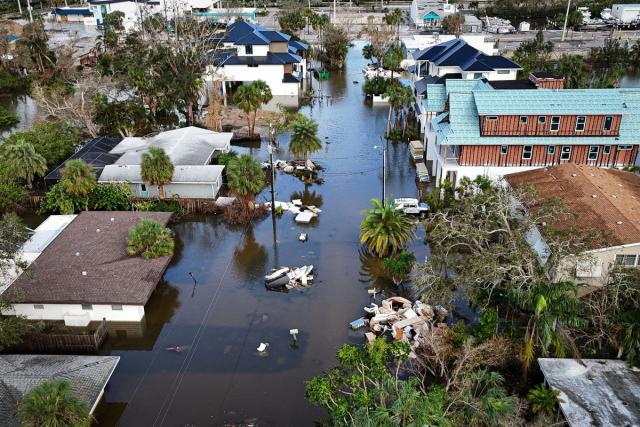Israel’s conflict with Hezbollah reached new heights on October 10, 2024, as Israeli airstrikes pummeled central Beirut. This attack, one of the deadliest in recent history, resulted in at least 22 fatalities and over 100 injuries. Israel justified the airstrikes as retaliation for continued rocket fire from Hezbollah, a militant group supported by Iran, which has escalated its involvement in the ongoing conflict. Hezbollah had launched multiple rockets into northern Israel in the days preceding the attack, and Israeli forces responded with a coordinated airstrike on key Hezbollah positions.
The airstrikes come at a critical time as tensions between Israel and Hezbollah, which has been building for over a year, show no signs of de-escalation. Hezbollah’s support for Hamas and its increasing rocket fire into Israeli territory have led to heightened military activity. The conflict began escalating significantly after Hezbollah joined forces with Hamas in response to Israeli actions in Gaza. Both groups share close ties with Iran, which has also increased its missile attacks on Israel, further intensifying the regional crisis.
As a result of the ongoing airstrikes, Lebanon’s death toll has surged to over 2,000 since the beginning of the conflict in October 2023. Civilian casualties continue to mount as Israeli forces focus their efforts on Hezbollah strongholds. The latest wave of airstrikes has caused significant destruction in Beirut, adding to the growing humanitarian crisis. Civilians in southern Lebanon, where Hezbollah has its base of operations, have been particularly hard-hit, with entire neighborhoods reduced to rubble.
The impact on the U.N. peacekeeping force stationed in Lebanon has also been severe. In recent days, multiple U.N. positions have been struck by Israeli tank and drone fire, raising international concerns. Although Israel claims that its strikes target Hezbollah infrastructure, many accuse it of deliberately attacking U.N. bases, leading to international condemnation. Italy, which has soldiers in Lebanon as part of the U.N. mission, went as far as accusing Israel of war crimes for targeting U.N. peacekeepers. This attack has prompted the U.N. to relocate some of its peacekeepers from frontline positions.
The geopolitical ramifications of this conflict are vast, with countries like the United States, France, and Italy calling for an immediate ceasefire. U.S. President Joe Biden and Vice President Kamala Harris have urged for de-escalation, particularly in Lebanon and Gaza, where the conflict has taken a significant toll on civilians. The European Union’s top diplomat also condemned the attacks, calling them an “inadmissible act.” Despite the mounting international pressure, both sides remain entrenched in their positions, with neither showing signs of backing down.
Hezbollah’s leader, Hasan Nasrallah, who was killed in a previous Israeli strike, has been replaced by a new militant leader, escalating the conflict further. Israel, on the other hand, remains firm in its goal to neutralize Hezbollah, which it accuses of building military infrastructure along the border in violation of the U.N. Security Council resolution that ended their 2006 war. Meanwhile, civilians in both northern Israel and southern Lebanon continue to bear the brunt of the violence, with hundreds of thousands displaced.
As the conflict rages on, the future of the region remains uncertain. Both Israel and Hezbollah seem determined to continue their military campaigns, and international diplomatic efforts have yet to yield any tangible results. The humanitarian crisis deepens with each passing day, raising fears that the conflict could spread beyond Lebanon’s borders and engulf the broader Middle East.





